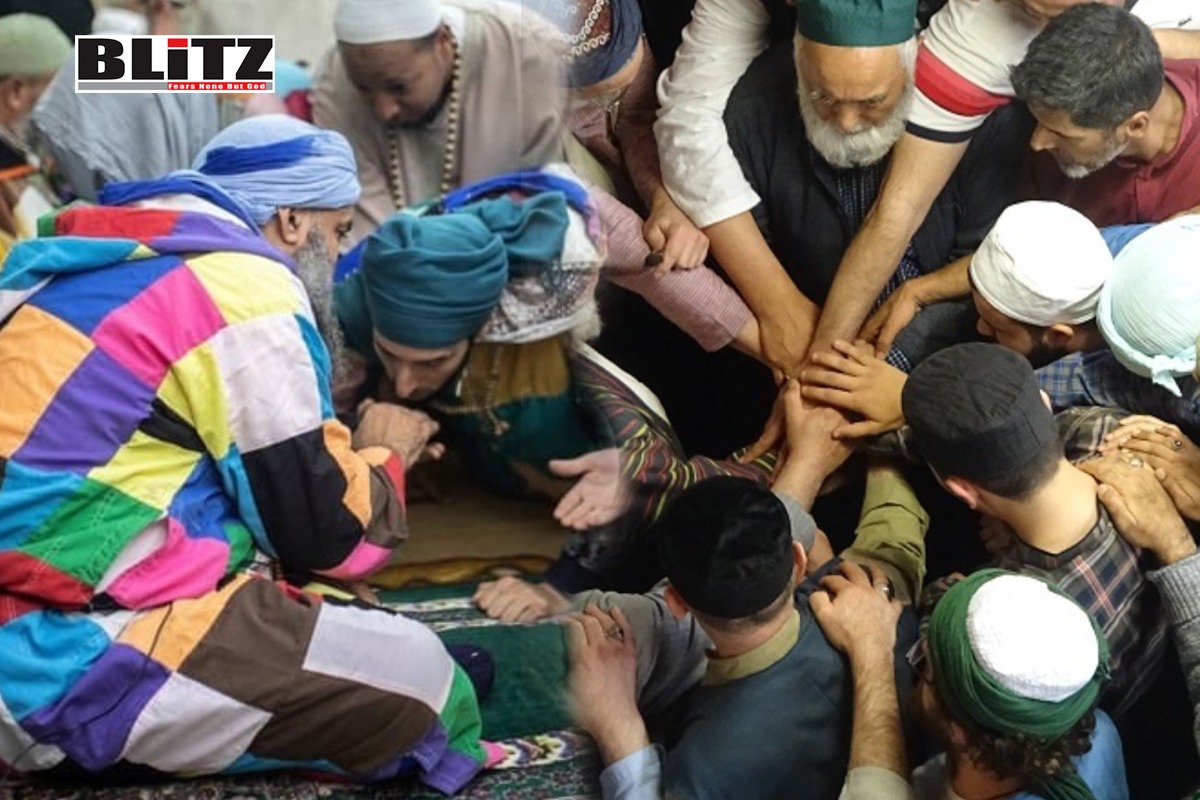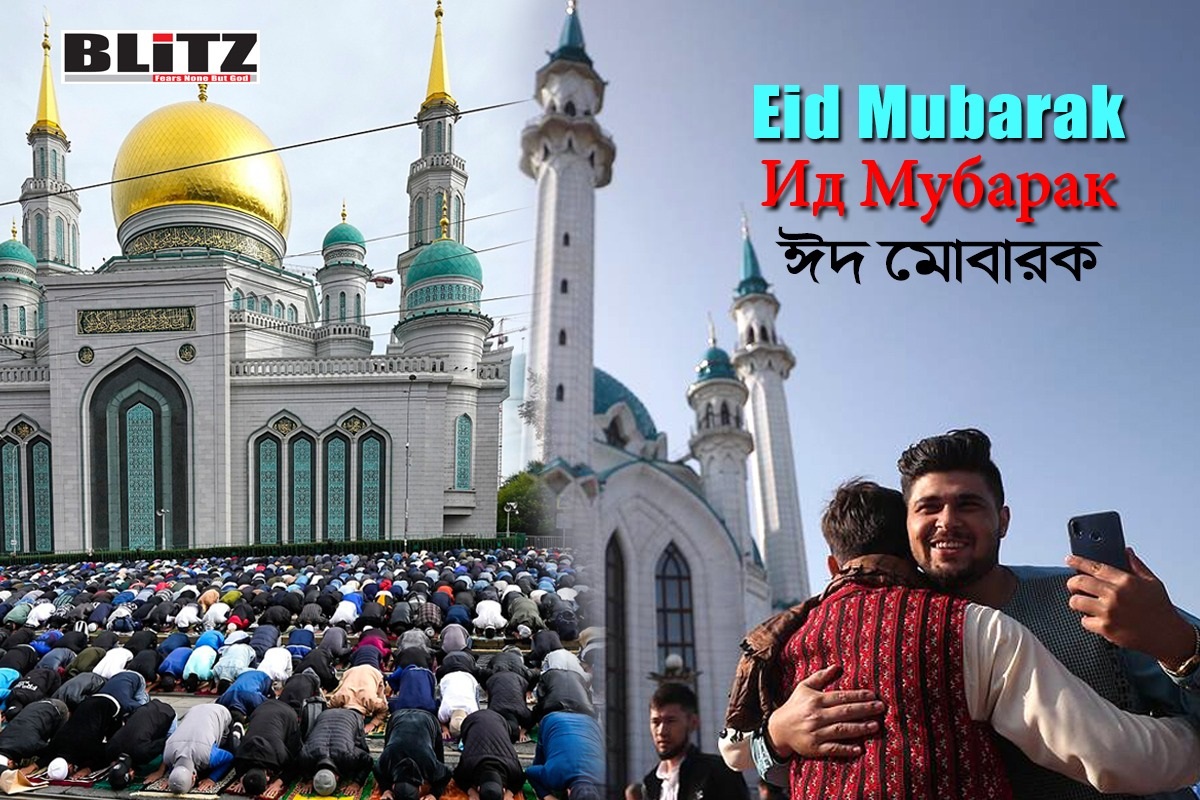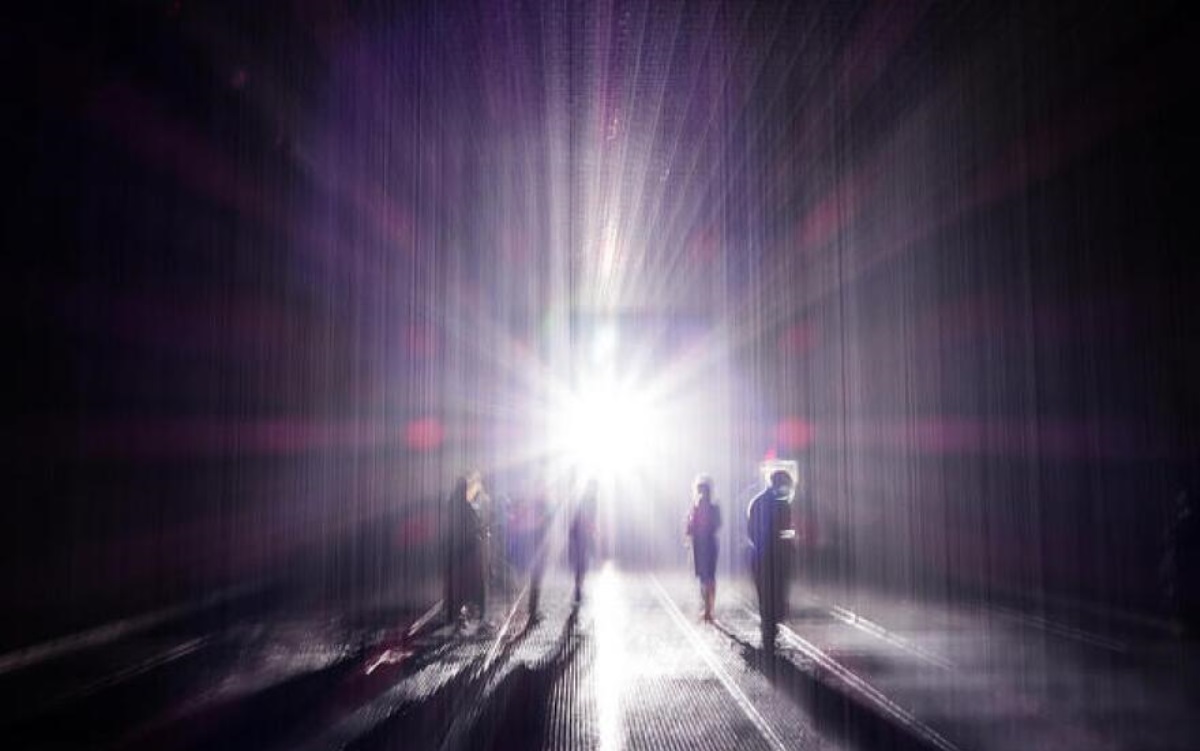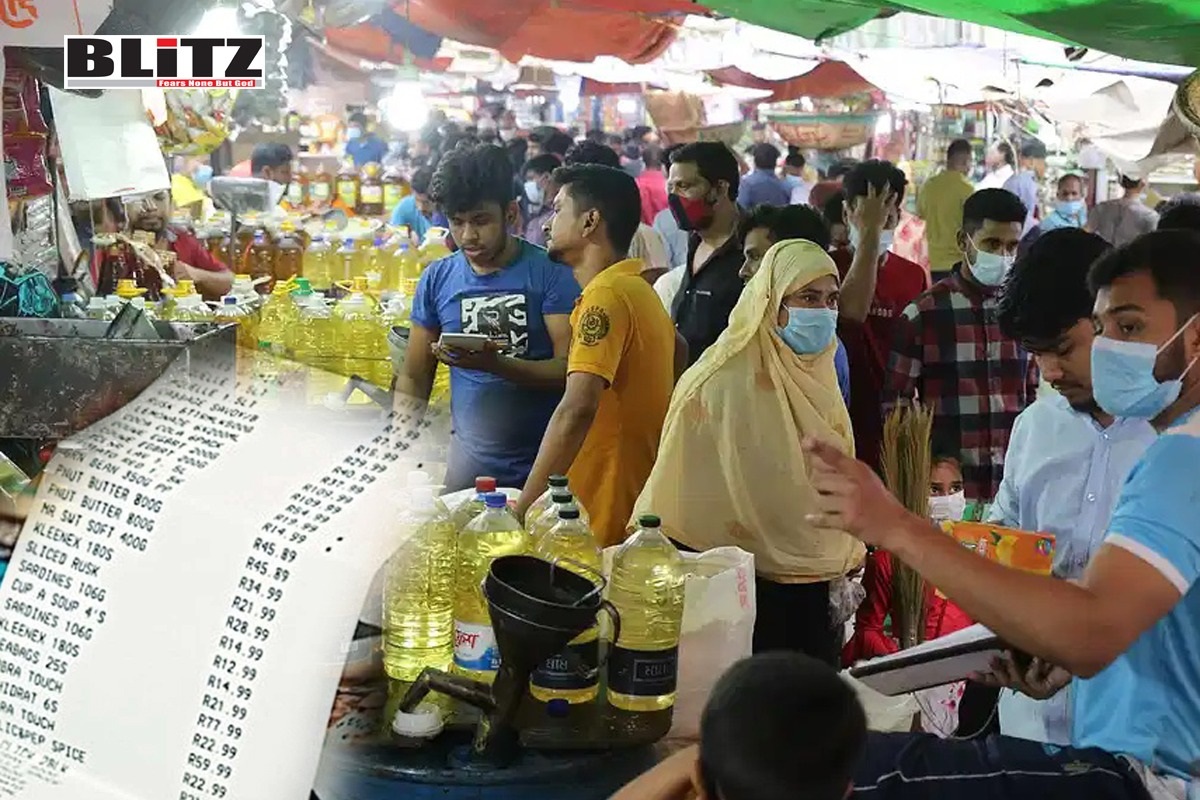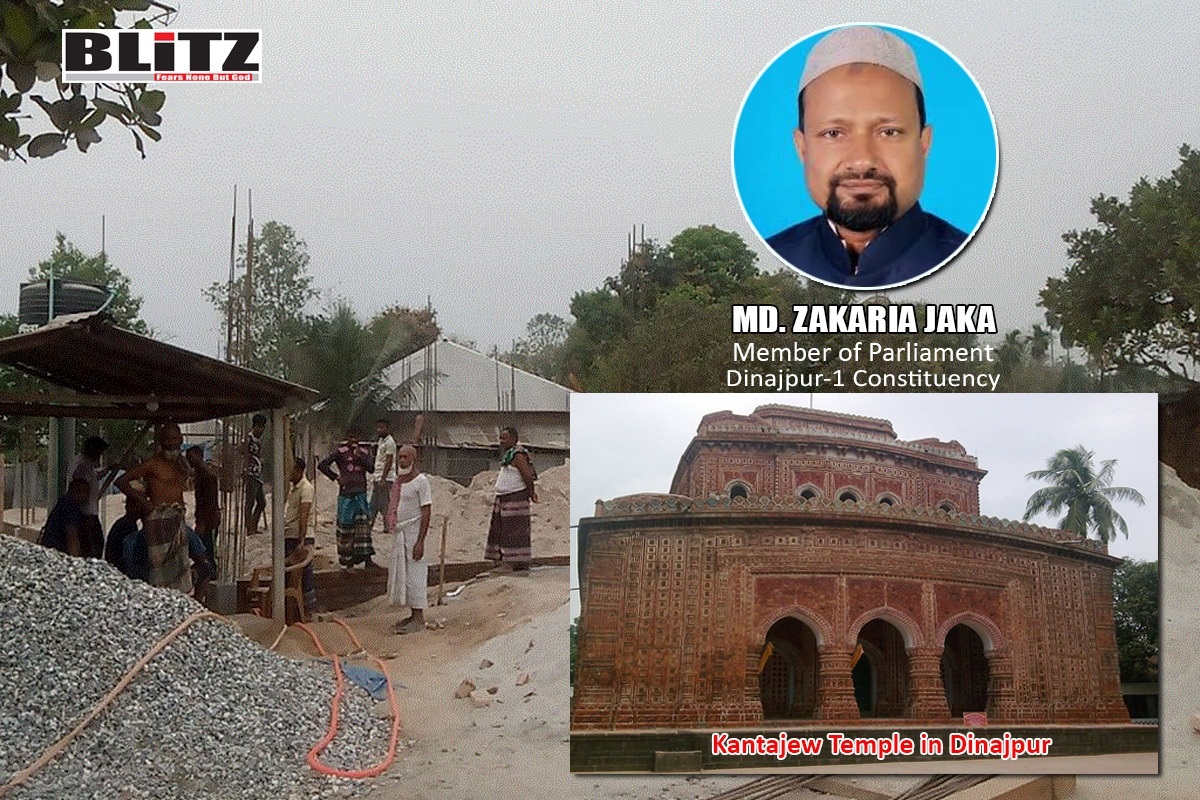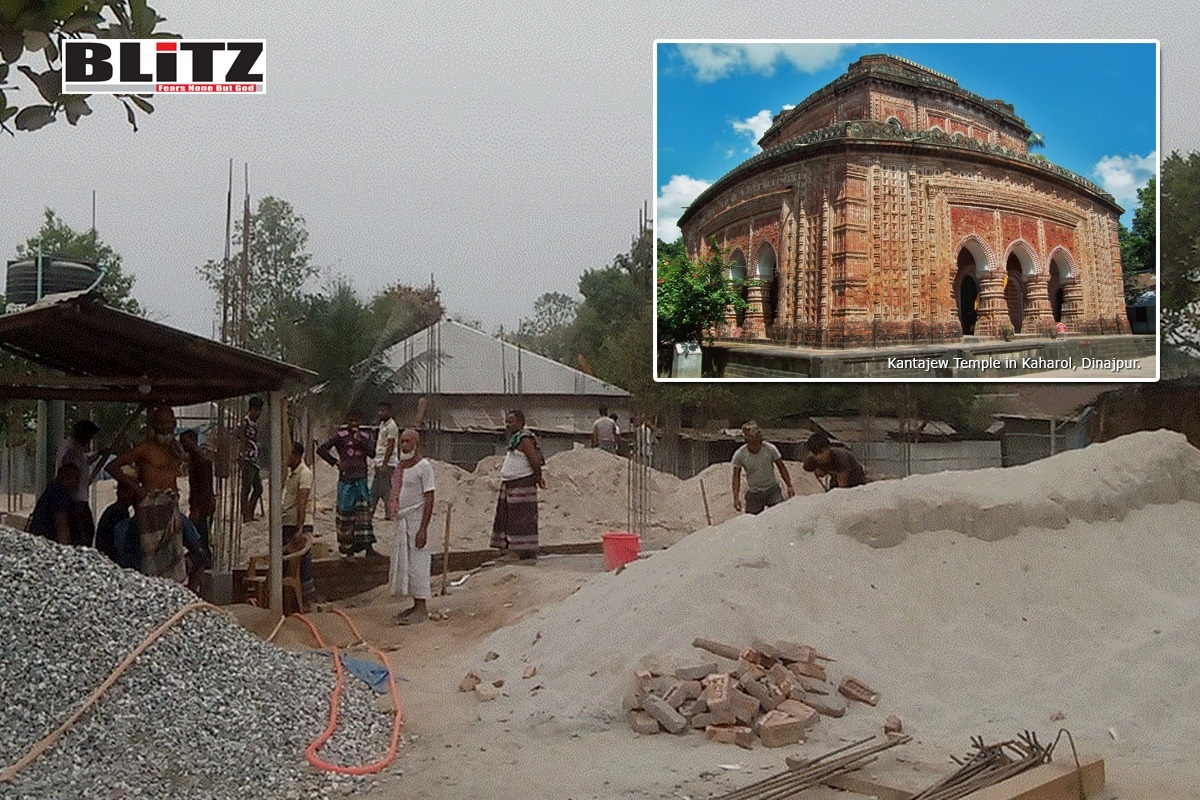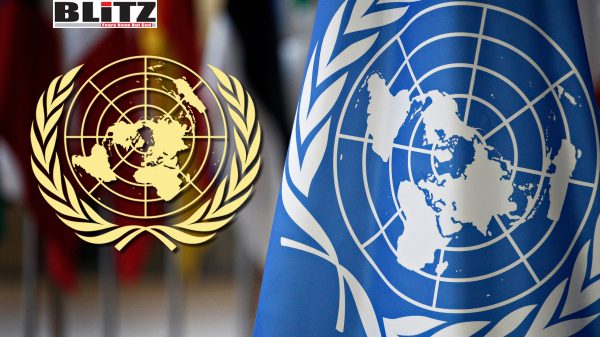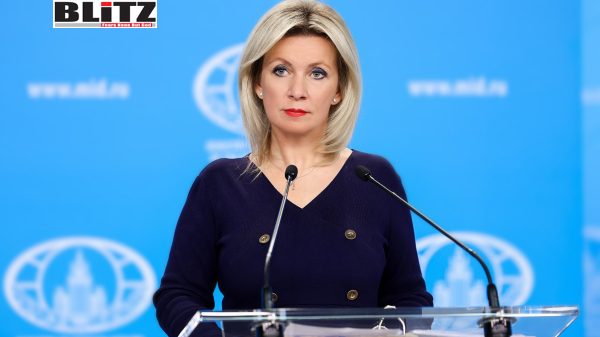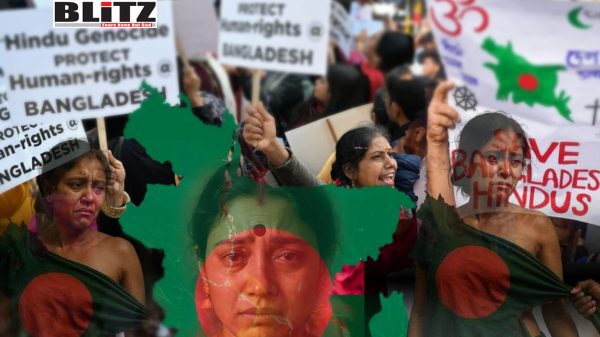Hate crimes against minorities have seen a spike in India
- Update Time : Wednesday, December 30, 2020

Bijay Kumar Minj
India has become increasingly intolerant towards religious minorities, especially the Muslim community, according to a new report.
The South Asia State of Minorities Report 2020 noted that the general public has come under attack from federal and state governments for criticizing the administration and institutions.
The report looks at the status of access to personal liberties, especially among minorities, in Afghanistan, Bangladesh, Bhutan, India, Nepal, Pakistan and Sri Lanka.
“It is true that we minorities are facing the onslaught of the Narendra Modi government very systematically. As a matter of fact, they have started framing laws that are against the spirit of secularism, democracy and the republic,” A.C. Michael, national coordinator of the United Christian Forum, told UCA News.
“Have you ever heard of a case anywhere in the world where two adults are stopped from getting married by the police? This is what is happening in Uttar Pradesh these days. The Uttar Pradesh police have filed almost two dozen first instance reports against interfaith marriages specifically targeting Muslims.
“Spreading hatred against minorities has become like a fashion for ruling party politicians to remain in power and acquire more. If they continue to succeed in tricking ordinary citizens and win elections, this trend of violence against minorities is going to continue.”
According to the report, “hate crimes against minorities have seen a spike — taking the form of mob lynching and vigilante violence against Muslims, Christians, and Dalits.”
The report said the pro-Hindu Bharatiya Janata Party (BJP) has “unveiled a new and now frontal attack on religious minorities. The persecution towards minorities had a chilling effect on civic space for Muslims and their organizations.”
The BJP has strengthened and expanded a series of discriminatory laws and measures that target religious minorities that include anti-conversion laws, social exclusion and violence against Christians, Muslims and other religious minorities.
The report also said that “laws ostensibly meant for the protection of cows continue to provide institutional backing for similar campaigns against Muslims and Dalits.”
In 2019, the federal government passed the controversial Citizenship Amendment Act (CAA), which allowed it to grant citizenship to migrants from Afghanistan, Bangladesh and Pakistan who are Hindu, Sikh, Buddhist, Jain, Parsi or Christian and had arrived by December 2014. However, the CAA was not extended to Muslims from the three Muslim-majority countries.
The government’s logic is that these minority groups are escaping persecution in Muslim-majority nations. However, the logic is not consistent — the bill does not protect all religious minorities, nor does it apply to all neighboring states.
Ahmadi Muslims and even Shias face discrimination in Pakistan. Rohingya Muslims and Hindus face persecution in Myanmar, as do Hindu and Christian Tamils in Sri Lanka.
The government responded that Muslims can seek refuge in Islamic nations but has not answered other questions.
The report also noted anti-CAA protests in Delhi culminated in sectarian violence in February, claiming more than 50 lives in the national capital.
The Covid-19 pandemic was also laced with widespread Islamophobia after the Muslim Tablighi Jamaat gathering in Delhi’s Nizamuddin area became a coronavirus hotspot in March.
A new anti-conversion law passed in the northern state of Uttar Pradesh this month has been dubbed Islamophobic by critics for targeting Muslim men involved in so-called “love jihad.”
Bijay Kumar Minj is a New Delhi based journalist and photographer. He has worked with UCANews for over two decades producing reports, pictures, and video features. Bijay specializes in socio-religious issues, particularly affecting indigenous communities.
Courtesy: Union of Catholic Asian News


